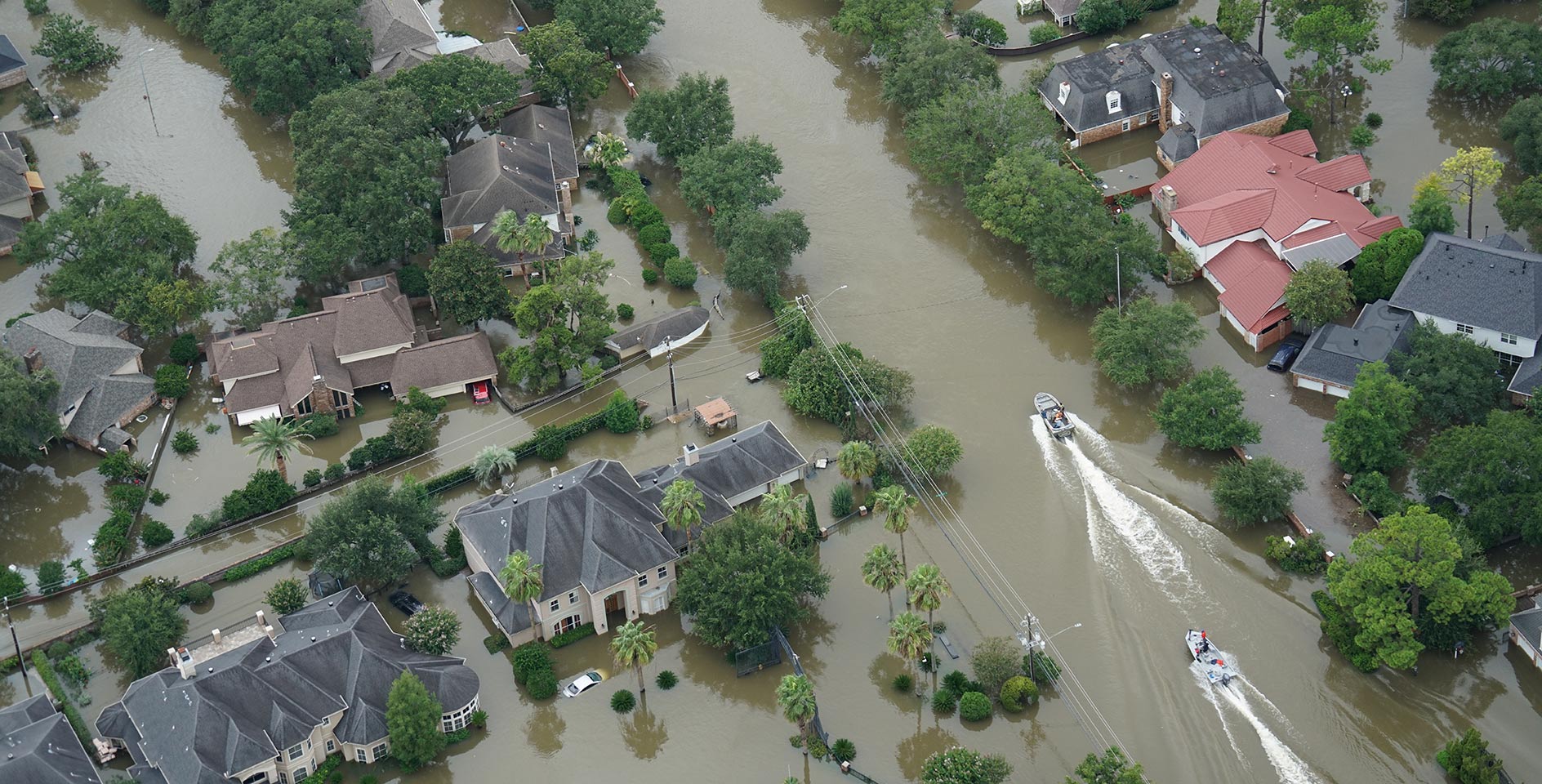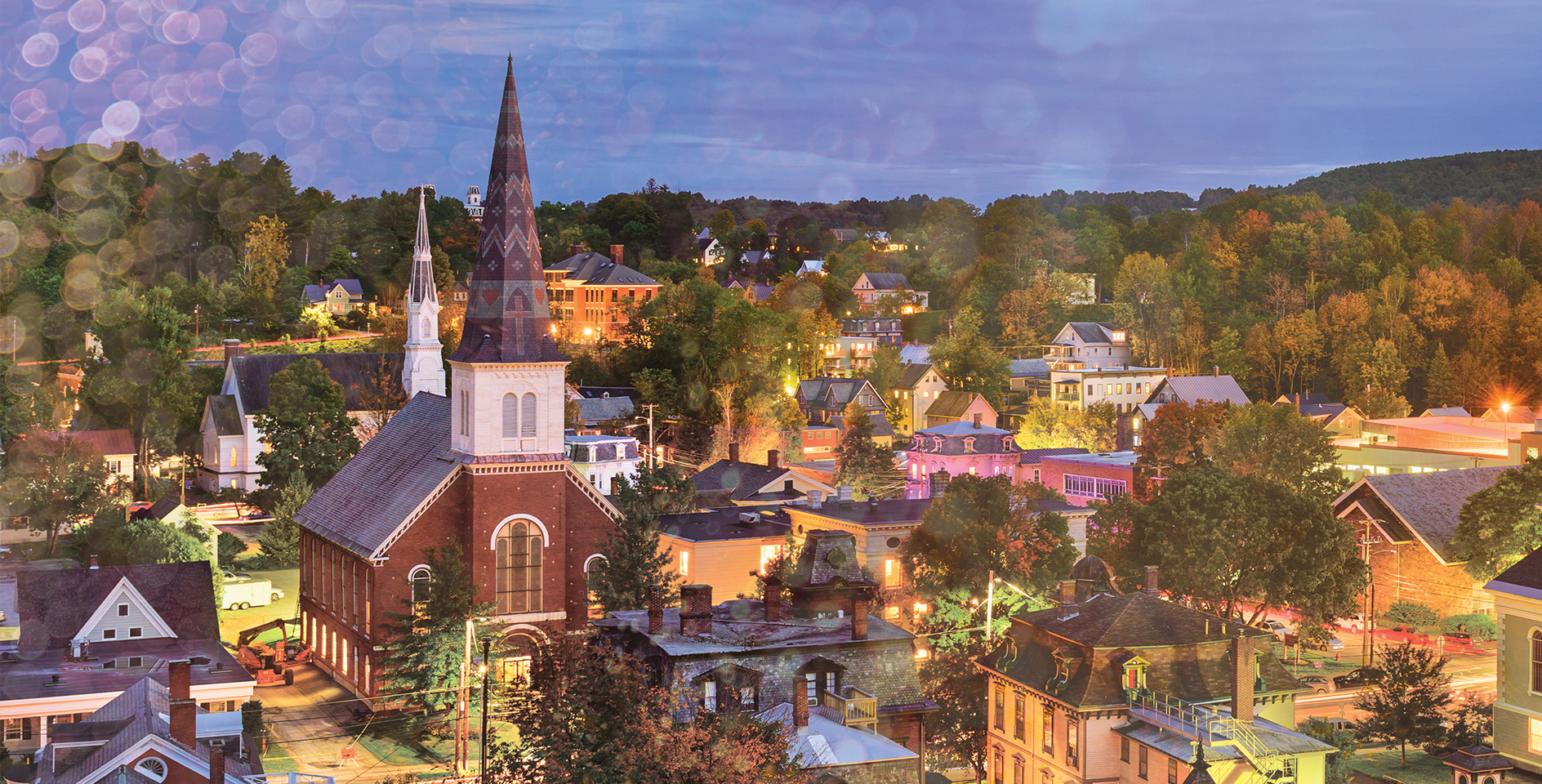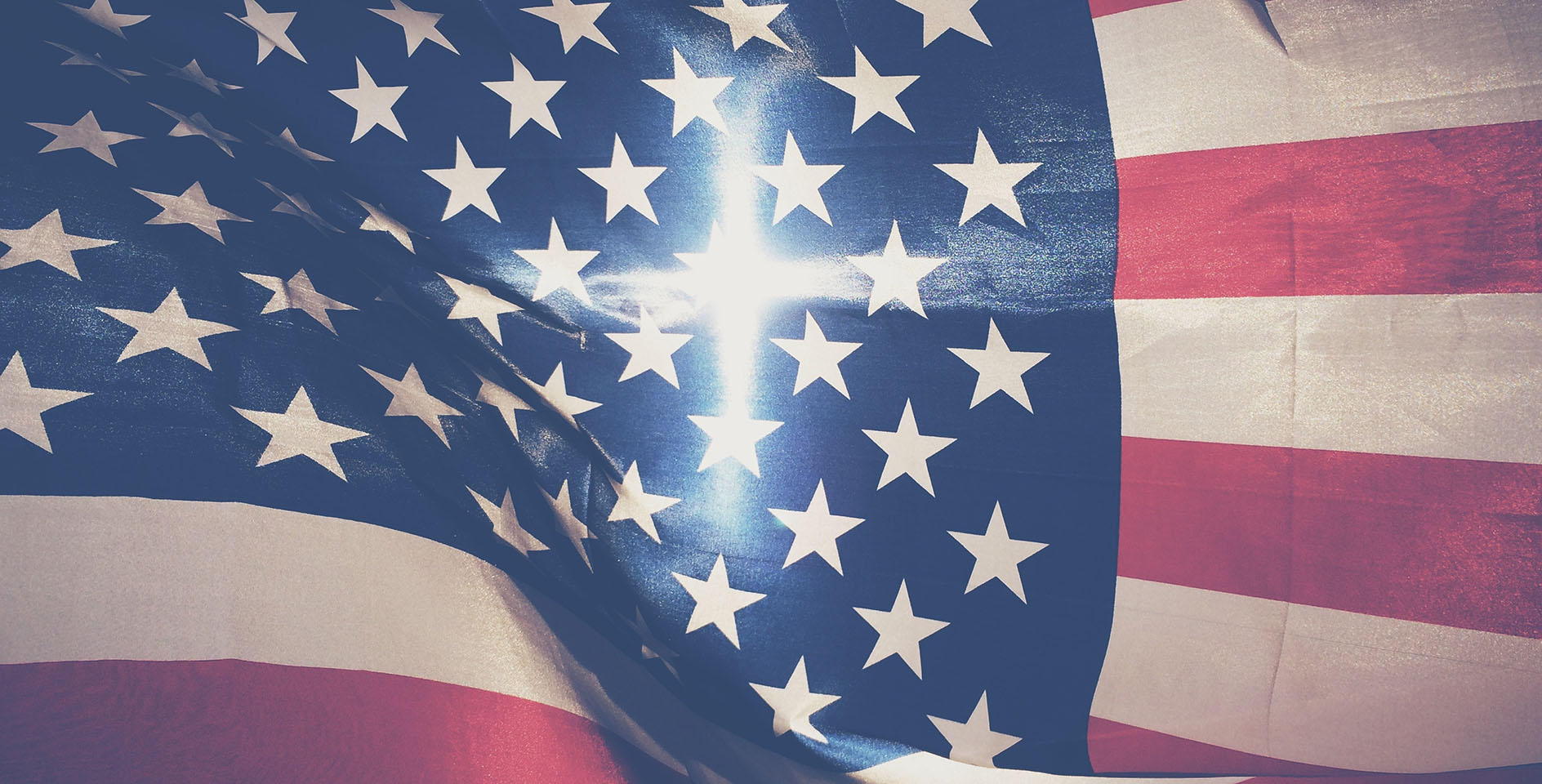I was living just 60 miles away when a tornado hit Joplin in 2011 and obliterated several city blocks, leaving 158 people dead. X-rays from that tornado rained down in my front yard while I sat in church, initially oblivious to what had happened.
But once we knew, we mobilized.
Over a span of several months, we took student groups to help with the cleanup. As we pulled into command centers in our 15-passenger van, I was struck by how many similar vehicles, also filled with people of faith, had already flocked to the scene. We worked beside youth groups from Oklahoma, small groups from Kansas, and teams of men and women who drove miles and miles to serve. We were bound together with two strong cords: our love for Jesus and our desire to be his “hands and feet” in an overwhelmingly desperate situation.
The Church drives the ambulance
From tornados in Joplin, to ice storms in the midwest, to single house fires in individual communities, there is no shortage of disaster. Hurricane Harvey is only the most recent in a long line of catastrophes that make us stare at our TVs and social media feeds in disbelief. Unless Christ returns first, it won’t be the last. Yet the story you likely won’t see on the news is this: even before the waters receded, Christians were flooding in to help.
As part of the ministry team for my local church, my pastor often reminds us that we are first responders. When we hear someone is hurting or facing tragedy, he has taught us to rush in. Sometimes we beat the ambulances to the scene. During a recent hostage situation in our small town, my pastor followed his own advice (like I’ve seen him do a million times before). He read a rumor about the situation on Facebook, hopped in his car, and crossed the police barrier. When I asked him why he shrugged and replied, “I just thought maybe I could help.” I know him well enough to know he was motivated by convictions much deeper than that.
Statistical data is sparse about Christian disaster relief for a few reasons: disaster zones aren’t the best place to collect surveys, and Christians tend to prefer to serve under the radar, but we’ve got a long history of rushing collectively to serve as first responders.
“Churches are literally, honestly, the first ones there,” one government official told The New York Times.
After Katrina, Harvey’s ugly older sister who slammed New Orleans in 2005, faith-based organizations played a critical role, first in emergency relief and then in rebuilding. Congregations from every denomination opened their facilities to become emergency shelters. Churches sent teams for years after the storm to rebuild and extend financial and emotional support to those who were displaced. The Salvation Army and the Red Cross, both organizations founded by Christians and built on biblical truths, played vital roles in the relief and clean-up efforts that went on long after the news vans pulled away.
We are also often the first to pull out our checkbooks, in part because we believe that our money is God’s money. Without a central reporting system and because of our desire to give anonymously, it’s impossible to track how much money Christians have given toward relief, but there are lots of indicators that our giving is remarkable and generous. Southern Baptists estimate they gave somewhere in the neighborhood of $40 million dollars toward Katrina relief. Similar patterns are already emerging for Harvey.
Government agencies acknowledge that the remarkable role the faith community in responding when disaster strikes. One Obama administration document stated “nonprofit organizations, including faith-based and community organizations, play a vital role in both preparing for disaster, and in ensuring an inclusive and participatory community-wide recovery from a disaster.”
Certainly, Christians aren’t the only ones to respond. Government and other community organizations also play a key role, but we play a lead role in the charge, and we do have the market cornered in three key beliefs about disaster.
1. We know why. The question that usually spills from our hearts and lips when disaster strikes is “Why?” We want to know there’s a method to the madness, or at least a reason for it.
Because we believe in the biblical narrative of creation, fall, and redemption, we can answer the “why” question. We live in a world twisted and cracked by sin and brokenness, and creation will continue to groan under the strain. This is not the Eden God originally created, yet these are the birth pains of a world being re-born.
We know that the whole creation has been groaning as in the pains of childbirth right up to the present time. Not only so, but we ourselves, who have the firstfruits of the Spirit, groan inwardly as we wait eagerly for our adoption to sonship, the redemption of our bodies. For in this hope we were saved. But hope that is seen is no hope at all. Who hopes for what they already have? (Rom. 8:22-24)
It isn’t warm and fuzzy, and it is a message best delivered with prayer and care at ground zero of any disaster, but we all ultimately suffer because of sin. No single person or sin causes hurricane-level consequences, but collectively we are a people in glad rebellion against God. The devastation we see all around us is a jarring reminder of the wake left behind by our sin.
2. We know what’s next. As Christians, we can also uniquely answer the question, “Will it happen again?” Scripture forces us to see the inconvenient truth that until Christ comes, disasters will continue. Jesus cut to the chase in John 16:33, “In the world you will have tribulation.” As long as our home is here, on this third rock from the sun, tribulation, trials, and disaster will come.
That is the cloud. Here is the silver lining: these moments of destruction point forward to a day when destruction is finally over, and we will dance with worshipful joy.
3. We alone see the thread of hope. We don’t serve in disaster zones for intrinsic rewards. We serve to follow Christ’s lead. We want to give more than bottled water and clean blankets. We’re in the business of giving away hope.
As Christians, we are unique in our understanding that hope only comes through Jesus. Ours is the only God who can calm a storm, and when he doesn’t, we are the only ones with the unsinkable hope that all things will be made new.
Then I saw a new heaven and a new earth, for the first heaven and the first earth had passed away, and the sea was no more. And I saw the holy city, new Jerusalem, coming down out of heaven from God, prepared as a bride adorned for her husband. And I heard a loud voice from the throne saying, ‘Behold, the dwelling place of God is with man. He will dwell with them, and they will be his people, and God himself will be with them as their God. He will wipe away every tear from their eyes, and death shall be no more, neither shall there be mourning, nor crying, nor pain anymore, for the former things have passed away.’ (Rev. 21:1-4)
We hold high the banner of hope because we long for the city that no floodwall can breach, no looters can rob, no storm can ever touch. We believe in a God who rescues each of us from the storm of our sin and sets our feet on higher places. We believe in the gospel of peace which redeems and restores. We’ve each been rescued by a Savior who rushed in on our behalf. Ultimately, we are just doing what we can to show that to the world.
I don’t have a crystal ball, but I do have a hunch, informed by history, that Christians will help rebuild Houston. Youth group mission trips, relief organizations, and local congregations will do the hard work to make things right. We don’t do it for “Atta Boys” or gold stars. We don’t even do it to bolster our “brand” with photo ops staged to impress the public in a culture that is increasingly post-Christian. We will do it because we believe all people are made in the image of God, worthy of dignity and care, and because we all know how it feels to be rescued. May we never, ever forget it.










